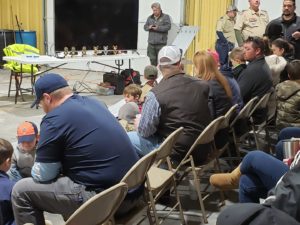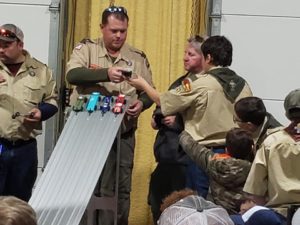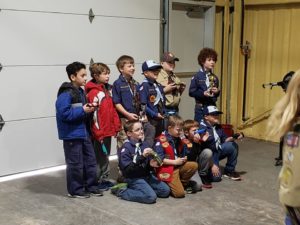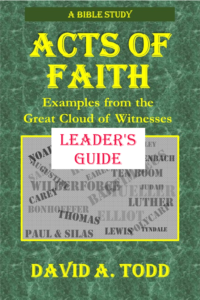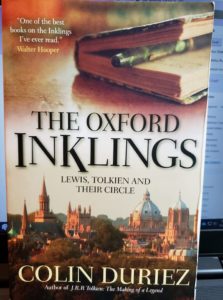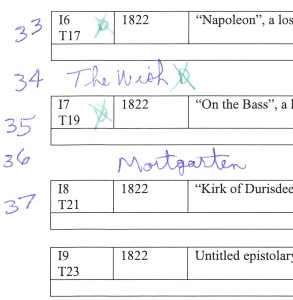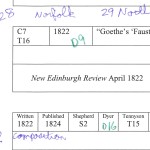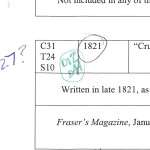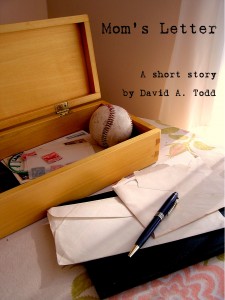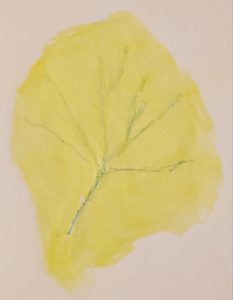
Whether the pandemic is over or not, it’s good to be coming out of it. To go to the grocery store and not wear a mask. To go to church, not wear a mask, and get a cup of coffee (while staying 6 ft. distanced the whole time). To have long-interrupted groups meet for the first time in over a year. Yes, while we realize the spread of the virus isn’t over, and questions remain as to the effectiveness of the vaccine against all mutations of the virus, it’s still good to open up.
One group I belong to has been meeting. The Northwest Arkansas Letter Writers took a few months off, then decided to meet outdoors. I joined this group in March 2020 and attended one meeting before the pandemic hit. These are people who enjoy writing letters, on paper, that get sent through the mail. We have been meeting at a church not too far from me, under a drive-under at the back door, skipping the coldest and hottest months. That was good to keep seeing each other and talk about our letter writing activities.
Another group I’m a member of is the Scribblers & Scribes of Bella Vista. This is a writers critique group. We had our last meeting at a library in early March 2020. We typically had four or five people attend out of six active members. One of those has moved away; two others were new and we don’t know what their current interest is. Three of us were core members who rarely missed a meeting. While we were shut down, we sent pieces for critique by e-mail and received feedback the same way, but it wasn’t quite the same as reading pages in front of other writers and receiving comments then.
We began meeting again last Tuesday, all except me, as I had a one time church meeting to attend. I e-mailed in for critique the beginning of a short story. I’ll have to wait for the July meeting to see them all again. Anyone reading this who is interested in a writing critique group can find us through MeetUp.
The other group I’m a member of is the Village on the Lakes Writers and Poets. This group is a diverse bunch of writers, a fair number being poets. They met once a month at a writers retreat center in Bella Vista, sometimes as many as 20 people. The meetings were about inspiration for and education concerning writing, along with read-around of our work. Then the pandemic hit. The March 2020 meeting was cancelled. By April we were ready for Zoom meetings and did this every month during the pandemic.
In May, the State having lifted many restrictions, we met at a coffee shop, just five of us, and did some planning and dreaming. In June, we met at a pavilion of one of Bella Vista’s parks. One of our two group leaders led us in an exercise. Now, I hate writing exercises. I’m not sure why; I’d just rather write what I want to write and be done with it. But I took part. The leader had brought plucked off leaves, colored pens, pencils, and sketching paper. We were to trace a leaf (or leaves, whatever we wanted), then take fifteen minutes to write about it, after which we read our exercise to the group.
Not trace. I’m not exactly sure what this craft is called. Put the leaf on wax paper, then a sketch sheet above it, and rub the leaf through the paper so that the features come through. Leaf rubbing I suppose it’s called. My leaf didn’t want to cooperate. I chose yellow as my rubbing color. Probably not the best, as yellow doesn’t show well. The thick parts of the leaf didn’t show well, so I took a green pencil and traced them.
As to the writing, I stared at my leaf and couldn’t think of a thing. Then I took note of the dendritic pattern of the leaf and remembered an e-mail discussion with my now-deceased friend, Gary Boden, and a train of though came to mind. Here’s what I wrote and read to the group.
Dendritic Passage
As the trace of the leaf shows more prominently the division of segments—i.e. the spine and the hard, thick parts, so is my writing life and all that has brought me to this point. These start at the periphery and end at the bottom of the stem in what is called a dendritic pattern.
Dendritic? Yes, that’s the term. We used it in hydrology to describe the nature of a drainage basin, coming together from the far-flung edges and arriving at the main channel. But I think the word comes from the natural sciences, for I first heard it from Gary, a zoologist by education who ended up his career in computer systems. Branches coming together but with a fabric between them is what makes a dendritic pattern.
As I look at this leaf from an unknown plant and see its dendritic pattern, I see my writing. Each little spine is a genre that captures some of my time and results in a book or story. The latch-key teen experiences resulted in the Danny Tompkins stories. The many places visited early in adult life are being turned into the Sharon Williams stories and Operation Lotus Sunday. My love of God’s story and His word & church has moved to a branch that is the church history novels and

At that point the leader said “Time.” When I read what I had to the group, someone talked about the dendritic pattern of the nervous system. I later looked up a dictionary definition, and both the pattern of a tree and the nervous system were used in the definition of dendritic. And the word “dendrite” for the first time came to my attention. Guess I should have figured that.
This is not a profound post. I have no conclusion to draw, no inspirational thing to write. Just an observations. Groups are coming back. I took part in a writing exercise. I did a craft-like thing and lived to write about it. All is not right with the world, but it was better that day when we met.
My camera is not with me right now. When it is, I’ll edit in a photo of my leaf rubbing, quite possibly the first and last I’ll ever do. Now, on to my day’s dendritic activities.
Oh, and why did I write “Passage” instead of “Pattern” in the title? I guess I don’t know.
